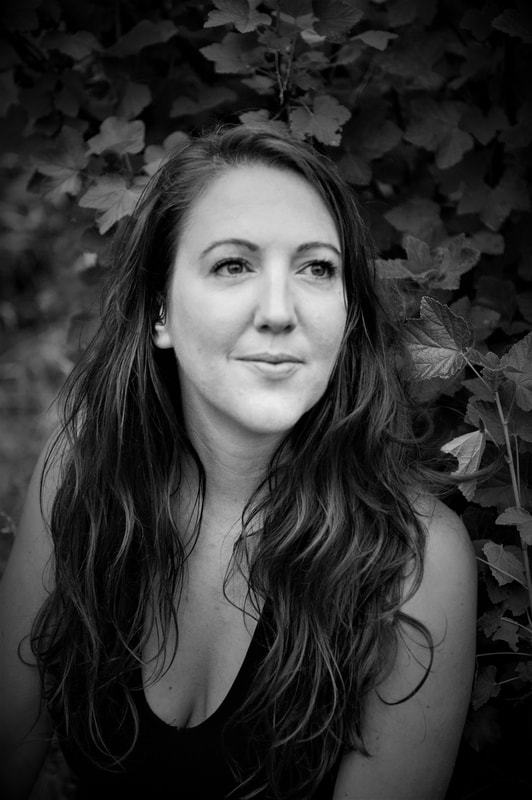 I never thought language could be a flute. Or that we could be birds. This week I heard a language that I’ve read about, but never seen, never heard or watched ‘spoken’. It was a concert. It wheeled through the air all around me. I had to spin and turn each time someone new ‘spoke’. Their questions were swifts - moving over me and by me and beside me: from down by the waves, up on a path, out on one of the fishing boats. A young woman next to me put her knuckle to her lips, whistled an answer, and that seemed to silence the questioners. It may have been the most mundane conversation about where to have lunch, but to me it was one of the most beautiful and startling things I will ever hear. Off to the west, there is an island called La Gomera. Some days it is visible, some not. The whole island is pretty much one mountain. The language I was listening to originated here. El Silbo, or Silbo Gomero is not an intimate, whispered language; it is a public one, loud and boisterous and made for the open air. It is a Sheppard’s tongue: created in response to how the land settled in deep ruts and runnels. It is ancient and comes from North Africa, (inspired by imitating birds I imagine), and created because the human voice would not carry itself far enough. A friend once witnessed it save a boys life. He’d fallen in a ravine up in the hills and was communicating with someone over a mile away down in the harbour. The man in the harbour managed to find out what had happened, check how badly the boy was hurt and get an ambulance to him through whistling. I wanted immediately for there to be poetry in el silbo. But perhaps there doesn’t need to be. Perhaps it doesn’t need to be shaped into something it already is. A few years ago I spent the summer with some friends in a small town near the Jhelum river, in the north of Pakistan. The tiers of social life in Pakistan are wonderful: there is the ground floor with the welcome of living and dining rooms, shared sleeping rooms above and then the flat rooftops - where you can chat to aunties and cousins and neighbors, or watch children dousing themselves with cold water and playing. Some days, I would sit with my friend’s little brother as he was flying his kite from the roof. The whole sky would be full of them. The whistling sounds they made were a form of swordsmanship. To me they were just kites, but he would say oh that one's Fahad’s, that one's Haroon’s… He knew who each kite belonged to, who had rivalries, which friends would be running out to the streets below to claim the kite that had just been cut, who was the fastest runner. It was like a social gathering in the sky. Over the last few years, I have been learning different bird calls. Up in the highlands here in Tenerife I’ve taught myself to call the blue chaffinches down from their branches - it’s such a thrill to see them flying in from around the pine forest - moving closer and closer from branch to branch. In London, on Hampstead Heath, a bird watcher taught me to beckon and ‘chat’ with owls and another friend in Lewes taught me to call swans to me. When it works you feel like a magician. Hearing el silbo also reminded me of call and response poetry, of mushairas and the great oral tradition (in Arabic, Urdu, Persian, Punjabi, Pashtun, Celtic, and African counties) of telling poetry to our hearts, not written down and read with eyes cast down; but remembered by our bodies and recited to the air.
4 Comments
rachel
9/4/2018 02:31:19 pm
https://vimeo.com/93592373
Reply
Anna
9/5/2018 04:01:39 pm
Love this, Rachel.x
Reply
4/23/2020 03:43:28 am
I want to thanks for your time for this wonderful Article!! I definitely enjoying every little bit of it and I have you bookmarked to check out new stuff you blog post.
Reply
Leave a Reply. |
Author
Anna Selby is a naturalist and poet. Archives
December 2020
Categories
All
|


 RSS Feed
RSS Feed